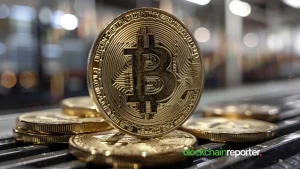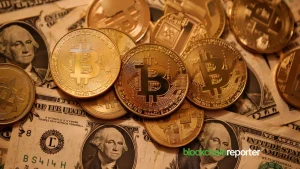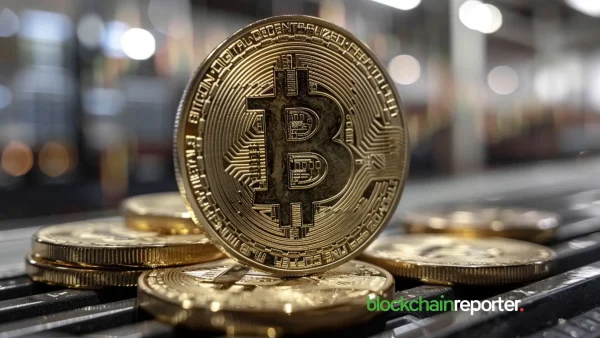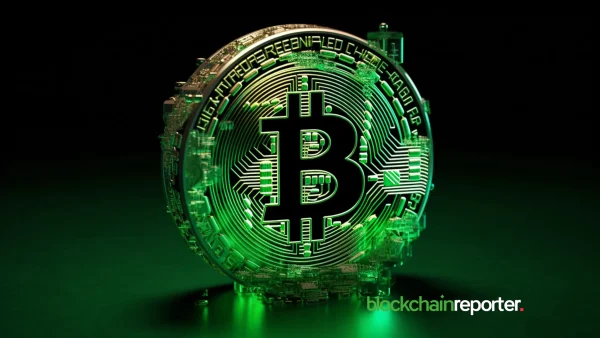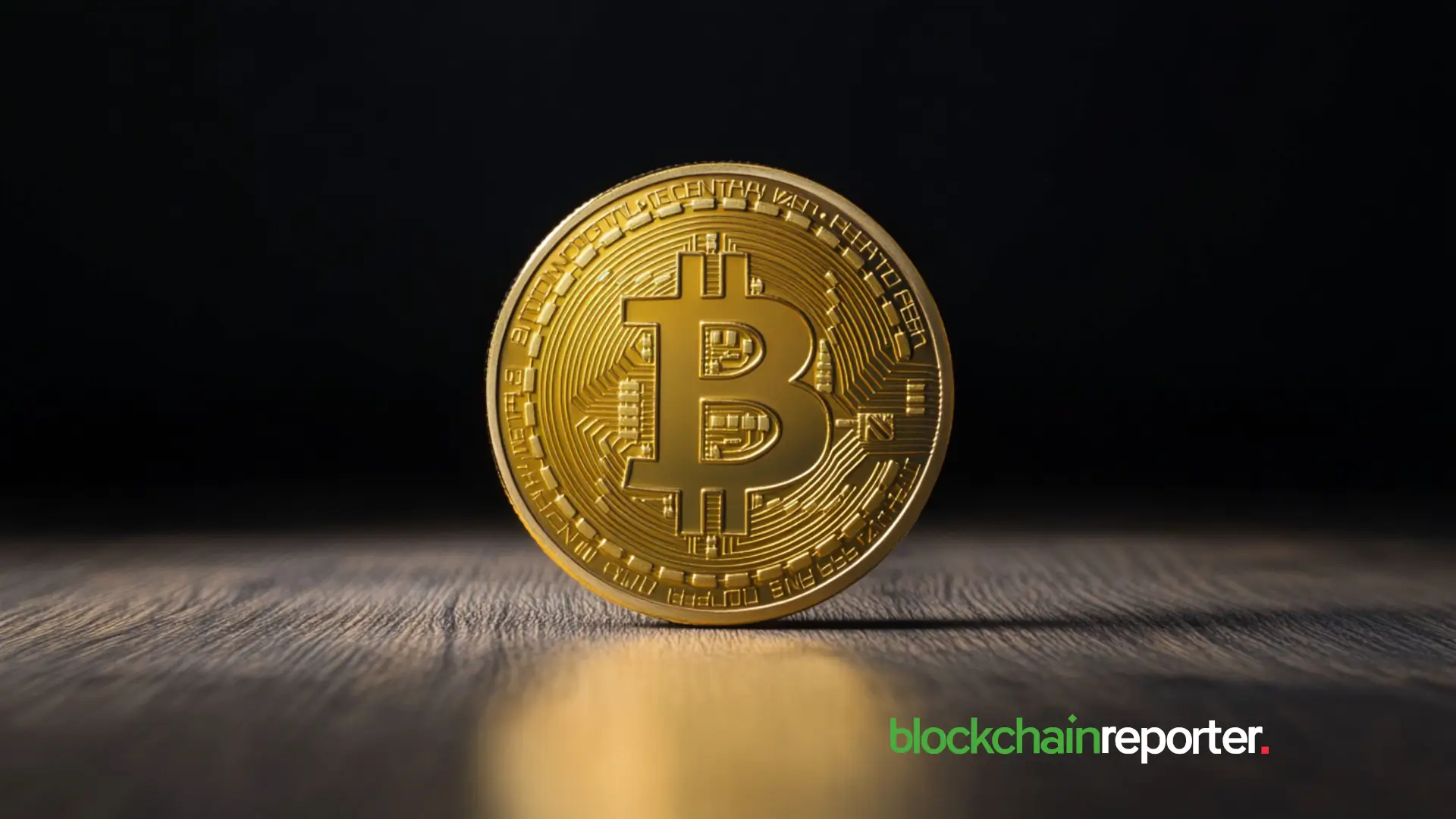
Digital currencies are experiencing a reasonably warm welcome towards the financial markets, especially after introducing bitcoin in 2009. Bitcoin remains the leading and most progressive cryptocurrency as it trades at $23,948 at the time of writing.
The digital currency came along with unique yet convenient features such as an integrated blockchain technology, which attracted mainstream users up to date. However, even with the admirable features, investors still limit using bitcoin as a store of value rather than a payment tool in the retail sector.
Certain factors make bitcoin face a lower adoption rate, particularly in the retail market, which expects its cumulative sales to reach $27.73 trillion by the end of 2020. On the bright side, a significant percentage of retail investors have a different mindset concerning bitcoin and its trading endeavours.
The Problems Surrounding Bitcoin in the Retail Industry
To surpass the rate of bitcoin adoption, specific matters need to be addressed. Investors have to keep in mind that different factors can make the digital currency fail to reach a global acceptability level.
Hence, a surge in usability rates can be the only trigger for BTC to become the largest payment destination. Below are some issues BTC faces when linked with the retail market.
Trust
A report by the Bank of International Settlements shows that there exists an issue relating to trust on the bitcoin network. Usually, miners ensure that the peer-to-peer currency remains secure all the time while validating transactions.
However, a problem emerges when the miners decide to control the network, an occasion commonly known as 51% attacks. Attempting to take over bitcoin’s transaction system may pose a problem to users in the retail sector since losing money may not be inevitable in such a case.
Market Nonequivalence
An imbalance scenario may occur in case investors spend more resources to buy bitcoin rather than selling it. Most companies and retail participants indulge in massive bitcoin buying, making it harder to trade the coin in the long run.
Therefore, exchanges will have to leverage other market makers to help investors maximize their profits.
Fluctuating Nature
Earlier in March 2020, bitcoin underwent a sudden decrease in its value by 31.5%. This tragic event prompted exchanges such as BitMex to shut down temporarily. The exchange platform may be a mechanism of stabilizing the digital coin’s value by disabling any trade.
On the other hand, retail sectors can suffer much as the volatility levels can inconvenience entities that implement bitcoin payments. If the price fluctuates beyond normal levels and exchanges go offline, retail sectors will equally feel the impact as the trend may slow the retail industry’s overall operations.
Bitcoin and the Positive Impacts it Brings Towards the Retail Sector
The open-source digital currency consists of various features that fuel its success in the financial world. Recently, PayPal made an impressive move in the crypto ecosystem by supporting the buying and selling of cryptocurrencies. In the end, the main focus will be on the retail system considering that PayPal has a global user audience.
Furthermore, a survey conducted by the Economist Intelligence Unit signifies how bitcoin is slowly becoming the centre of attention in the retail market. As per the study, most respondents agreed that bitcoin is more of a digital payment instrument than an investment driver.
Both scenarios explain how bitcoin is on the verge of acceptance since the spotlight has always been on institutional investors. So, what’s in it for the retail industry?
A Hassle-Free Currency
Ideally, bitcoin runs on a decentralized system that is based on community guidelines. Today, traditional payment networks like MasterCard and Visa are highly regulated because absolute authority controls them.
Bitcoin, on the other hand, promotes a free retail trading environment with the help of nodes who monitor and validate every transaction in the retail industry.
Lower Trading Fees
Bitcoin effectively deals with high transaction charges for retail investors since the coin does not engage third parties. On top of that, retail participants choose to pay more considerable fees for quicker transaction processes.
The additional charges typically depend on the urgency of the payment. Otherwise, bitcoin provides a very minimal transaction fee to retailers in the market. No matter how big the transaction gets, bitcoin still enforces little or no charges for making payments to merchants or any other entity under the retail sector.
Privacy Guaranteed with Bitcoin
For a while now, remittance systems require your personal information before rendering any transactional service. As more users get exposed, other malicious individuals can access personal data and use them for personal gain.
The situation is quite different in the bitcoin ecosystem as retail partakers will operate on an anonymous network that hides identities. Therefore, traders can comfortably work with a retailed-based business embracing the anonymous virtual currency.
Besides, the privacy feature also combats identity theft scenarios, leading to manipulation or even loss of funds.
No More Transaction Reversals
Transaction reversals are a common occurrence in the traditional finance world. In a standard set up, an individual sells his/her valuables or commodities to a buyer in exchange for money. The downside arises when the buyer decides to dupe a seller by reversing the payment.
Trading with bitcoin ensures that the retail sector doesn’t fall prey to a reversal incident. Provided the retail trader transfers the funds to the right address; bitcoin transactions cannot be reversed in any way.
The Future of Bitcoin
Since BTC is the most profitable currency, it is still affected by uncertain market conditions. One time, the coin will dynamically grow to a higher level, and then without even realizing it, decrease to a lower price on other occasions.
Either way, bitcoin seems to be thriving well in the retail industry as the currency enables users to trade with an advanced financial platform.
The retail sector is yet to experience more from bitcoin, particularly after its periodical halving. How its prices move primarily depends on the trading patterns and acceptability levels of the retail sector.
